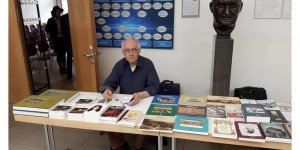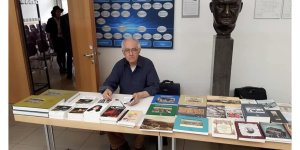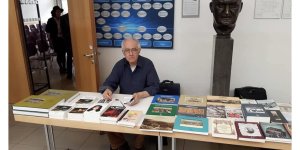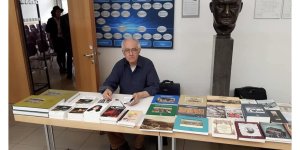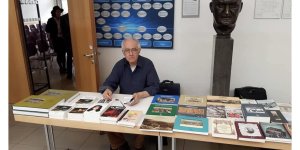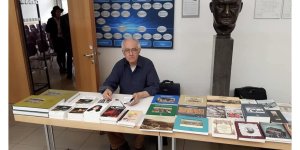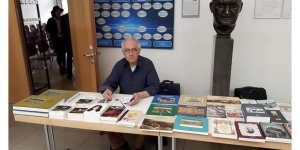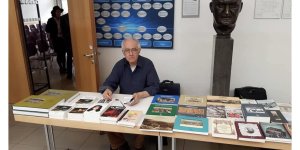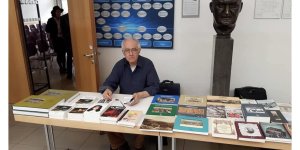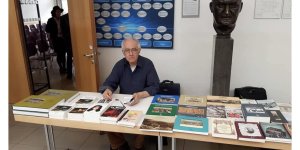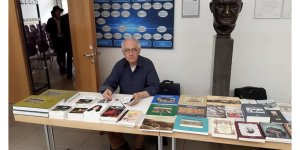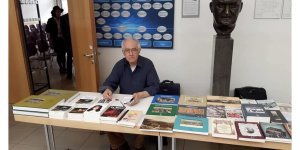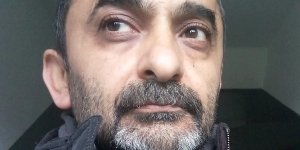Written by Engin Erkiner
HISTORY OF THE TURKISH LOBBY IN GERMANY (1) What is meant by lobby here is not the activity of capital groups through various organisations to influence the economic decisions of the government. What is meant by lobbying is the attempt of one country to influence another country from within through its masses in that country and its activities in general. Turkey has always had a large audience in Germany. Through this mass and its organisation, it has tried to influence the decisions of an economically and politically powerful country like Germany regarding Turkey from within that country. Although the "Turkish lobby should be established" discourse is old, its real history starts in the 1990s. In these years, Onur Öymen, Turkey's Ambassador to Germany, turned towards a new organisation. Consuls change. Consuls, who used to be invisible outside their workplaces and homes, started to appear everywhere from weddings to matches of Turkish teams and exhibition openings of Turkish artists. During these years, the citizenship law in Germany changes and it becomes easier to become a citizen compared to the past. Turkey, both through consulates and other means, asks its citizens to renounce their Turkish citizenship and become German citizens. Citizenship is important in order to be able to take part in various institutions, especially parties, in Germany. In those years, Alpaslan Türkeş would ask his countrymen to become German citizens and join the CDU. It was thought that if Turks entered German parties as German citizens and were elected as deputies, they would defend Turkey's interests and thus German policy would be influenced from within. Developments did not turn out as expected. The nationalists in the CDU had to leave this party in a short time because it was considered wrong for them to make Turkey policy in a German party. These people are expected to make policy on problems in Germany, but they are not aware of such a necessity. The second disappointment arises in relation to people of Turkish origin who are elected as MPs from different parties. They accept the decisions of their party as binding, not those of Ankara. And they have to do so. The fact that some MPs say a few good words for Turkey in the Bundestag has no effect either. There are also German MPs of Turkish origin who oppose Turkey's policies. Hurriyet newspaper is constantly campaigning against Cem Özdemir, a member of parliament from the Greens. The mentality of the people in charge of this newspaper, who have been living in Germany for years, is interesting. They show that living in a country for years and even knowing German is different from understanding the functioning of that country. For example, they want people not to vote for Cem Özdemir in the elections, but it is mainly Germans who elect this person. It is not decisive whether Turks with German citizenship vote for this person or not. When the expected results are not achieved, another way is tried: To establish a party affiliated to Ankara... In several states, parties are founded by Turks who have become German citizens. The aim is to enter the state parliament and then the Bundestag. They are not called "Turkish parties", but "German Democrats" or similar names. They do not get any results here either, because these parties do not go beyond being marginalised. They cannot enter the state parliaments. Experiments in this direction are far from over. Especially in the state of North Rhine Westphalia, where the Turkish population is large, new attempts should be expected. Ankara has realised, albeit slowly, that the Turkish lobby cannot be built in this way. The Jewish lobby has been taken as an example, but due to the Jewish genocide in the past, this group has a special place in Germany and cannot be taken as an example. Moreover, the organisation of Jews in Germany is not limited to Israeli consulates and synagogues. They have associations, press activities and cultural organisations. When Judith Butler, a philosopher of Jewish origin, came to Frankfurt for the Adorno Prize given by Goethe University in Frankfurt, she was protested by Jewish organisations for opposing Israel's political practices and this protest was publicised. The award was given again, but they made a noise. If you want to be heard in public when you protest against people you don't like, you either have to have an effective organisation yourself, or you have to be influential in well-known organisations - for example in trade unions, important art organisations, writers' organisations. A few hundred or a thousand people shouting in the street will not achieve anything. As we will see in the next part of this article, both Turks and Kurds have not learnt how to do politics in the country they live in. They transfer their Turkish style of action here and remain ineffective. It will continue...


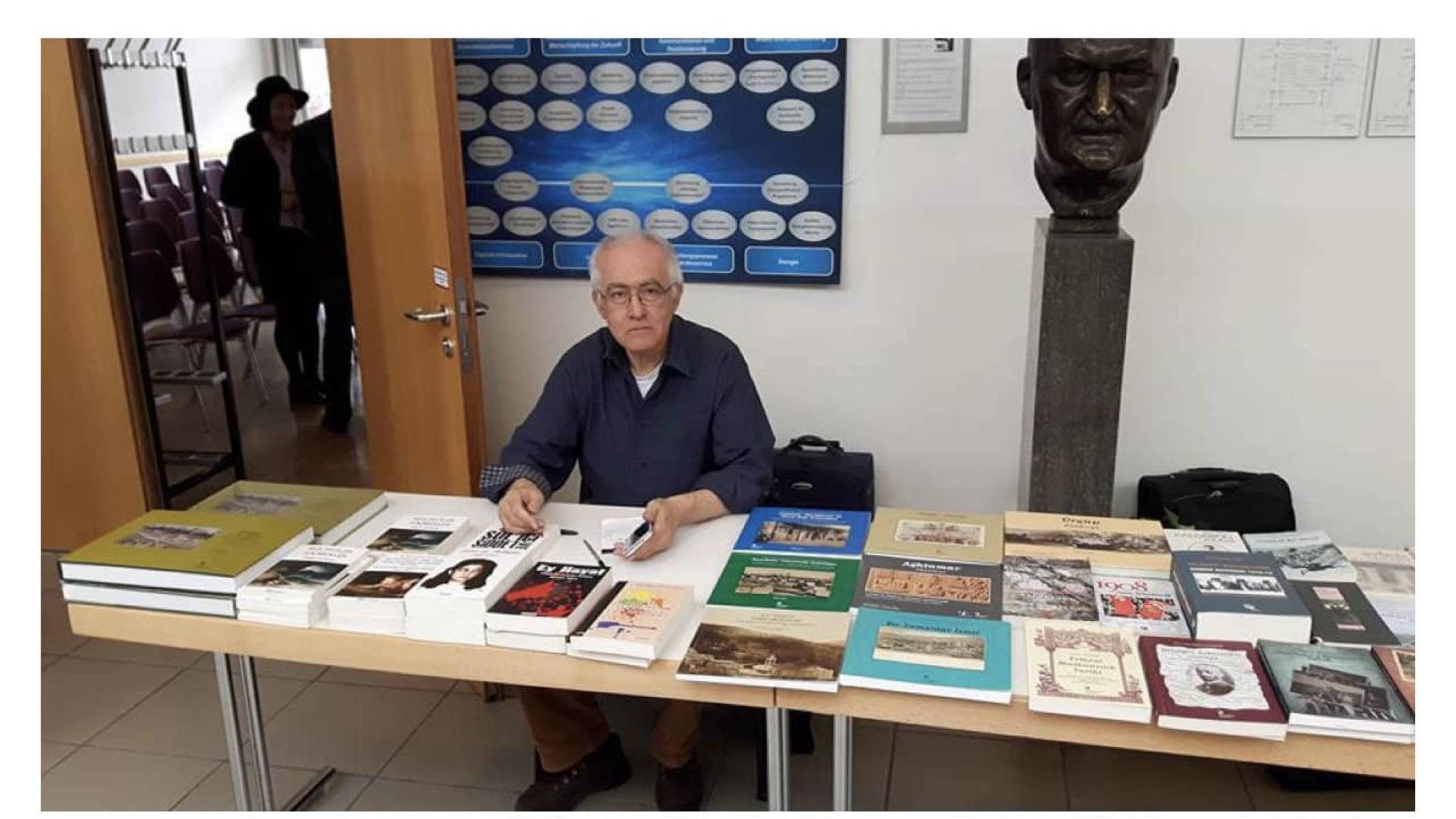
 Türkçe
Türkçe 